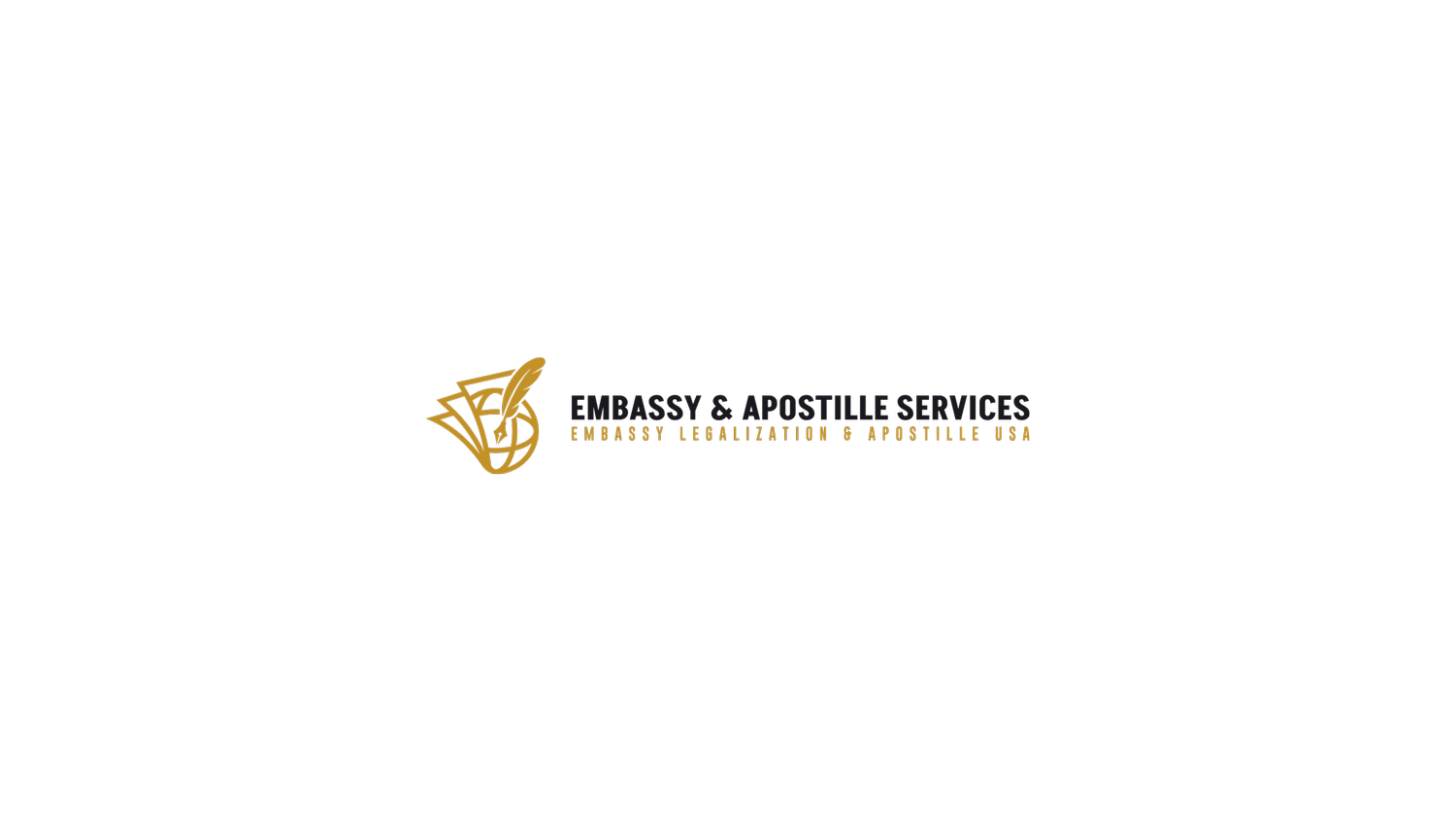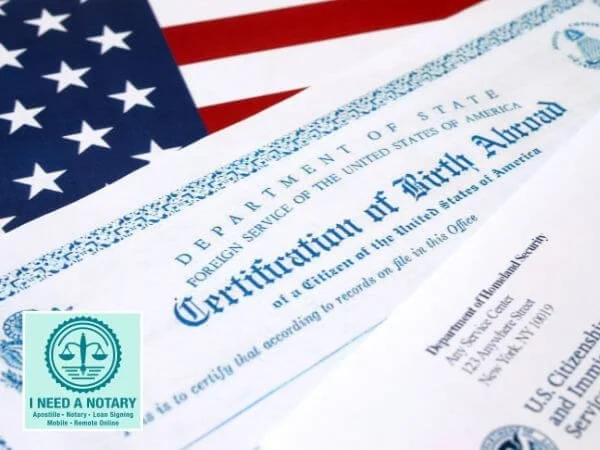How to Authenticate or Apostille a US Birth Certificate?
A standard certified birth certificate is generally valid for any purpose within the United States. However, when a U.S. citizen needs to use a birth certificate abroad—whether for marriage, visa applications, dual citizenship, or other legal matters—the document must go through an additional process: authentication or apostille certification.
Authentication vs. Apostille: Which One Do You Need?
The process depends on the country where you will present your birth certificate:
Apostille Certification – If the destination country is part of the Hague Apostille Convention of 1961, your birth certificate requires an apostille issued by the Secretary of State.
Authentication & Legalization – If the country is not a Hague Convention member, your birth certificate must go through the authentication process and then be legalized by the foreign embassy or consulate.
Step 1: Request a Certified Copy of Your Birth Certificate
A certified birth certificate must be issued by the state or county vital records office where your birth was recorded. It typically includes:
An embossed, raised, or multicolored seal
The registrar’s official signature
The filing date with the registrar’s office
Note: Certified copies are already official documents. They do not need notarization for use in the U.S. If your purpose is strictly domestic, no further steps are required.
Each state may differ—some issue certified copies at the county level, while others only through the state’s Vital Records Office. Contact the office in your birth state for instructions.
Step 2: Submit to the Secretary of State
For Hague Countries (Apostille Process):
Request an apostille from the Secretary of State where the birth certificate was issued. Once the apostille is attached, your document is valid for use in all participating countries. No additional steps are necessary.For Non-Hague Countries (Authentication Process):
Your document will need authentication by the Secretary of State. Continue to Step 3.
Step 3: Authentication by the U.S. Department of State
After your state authentication, submit the document to the U.S. Department of State for federal authentication. This step ensures your birth certificate will be accepted by non-Hague countries.
Step 4: Legalization by the Foreign Embassy
Finally, take (or mail) the authenticated birth certificate to the embassy or consulate of the destination country. The embassy will place its own seal or stamp, completing the legalization process.
Conclusion
The process of obtaining an apostille for a U.S. birth certificate or having it authenticated and legalized can feel overwhelming, but it is essential for international use. By following these steps—or using a professional apostille service—you can ensure your document is legally recognized abroad.

